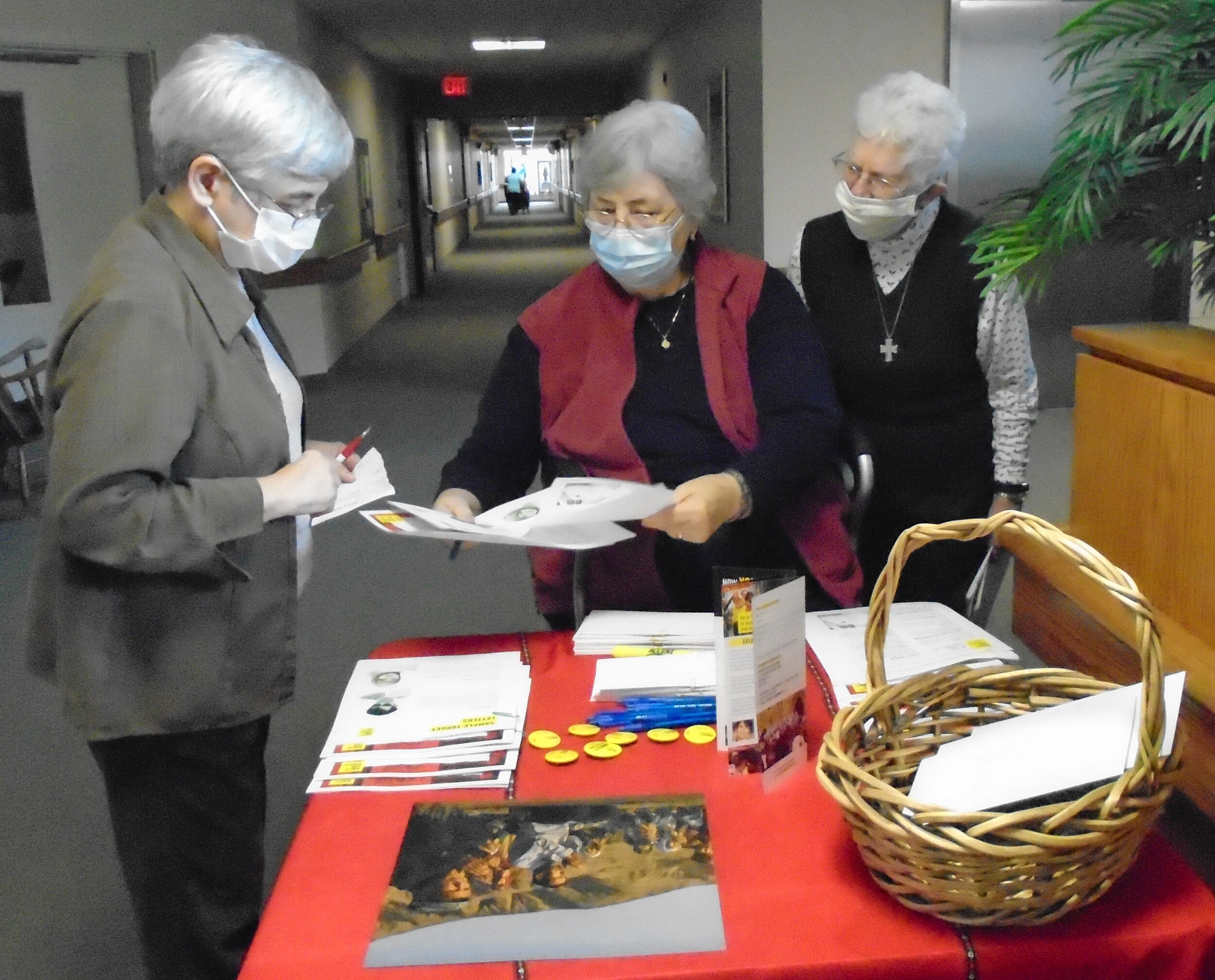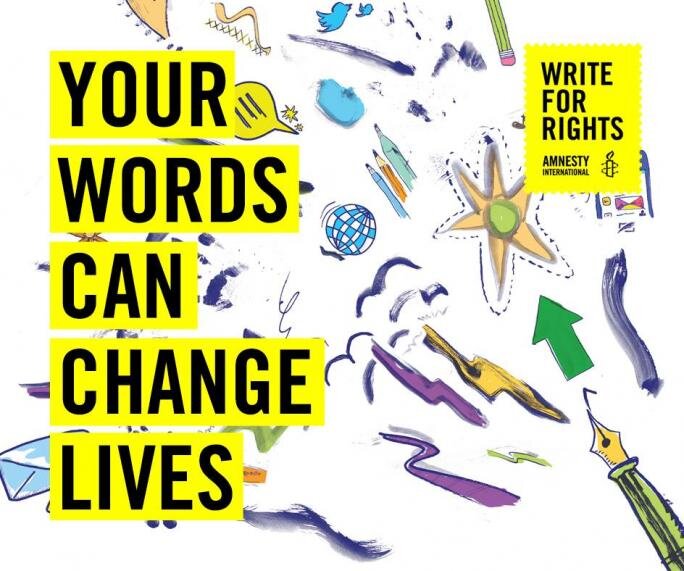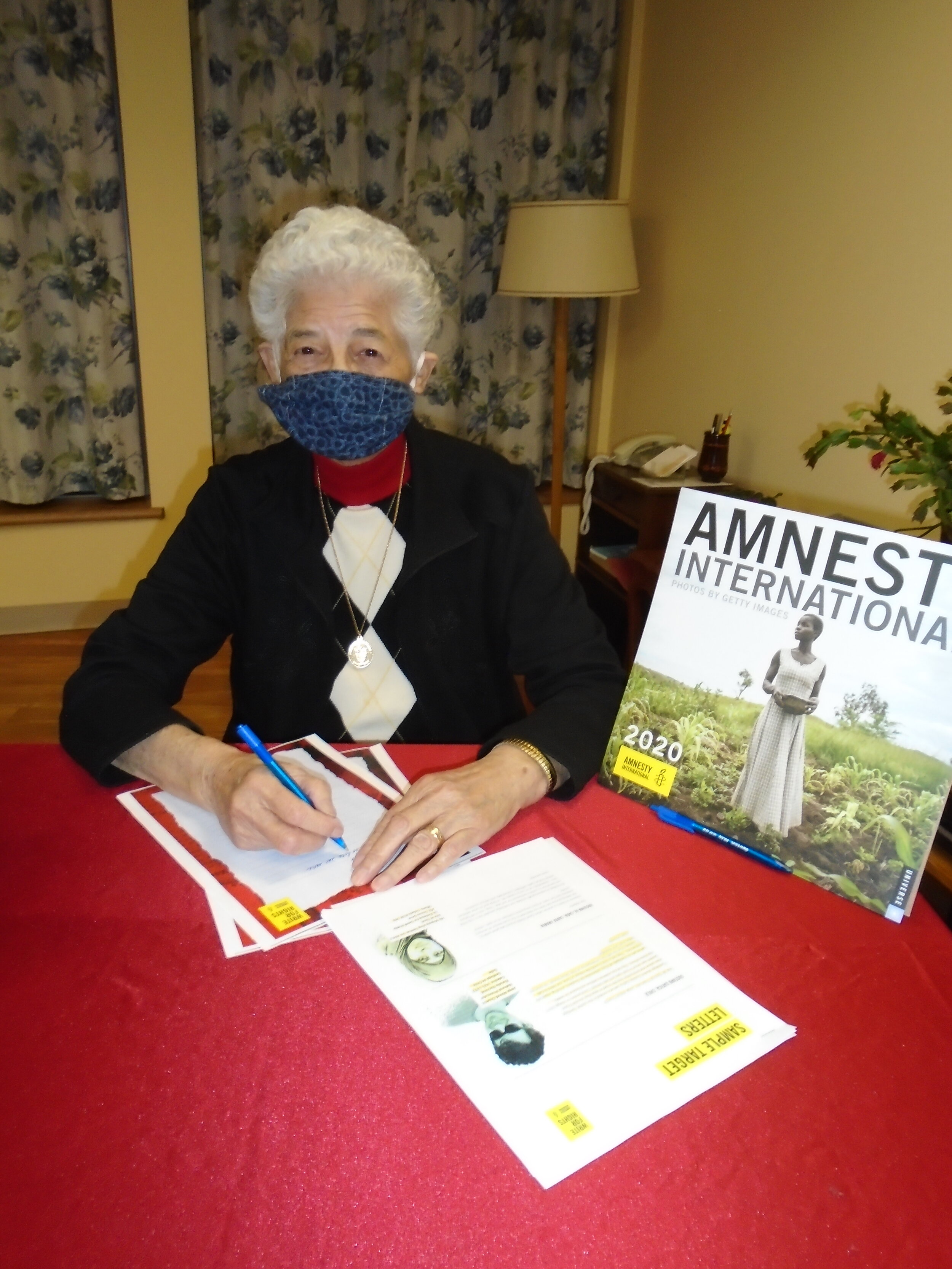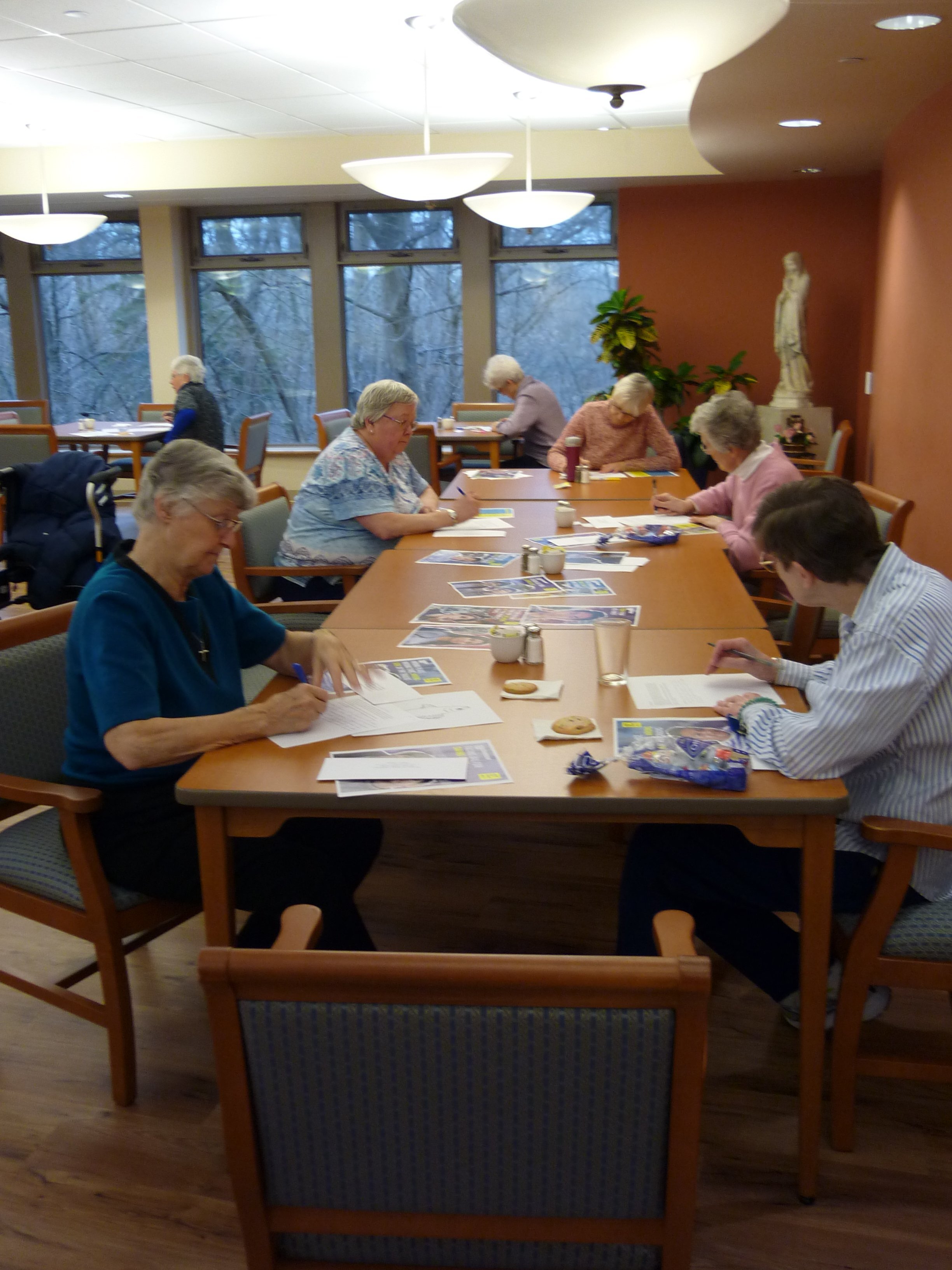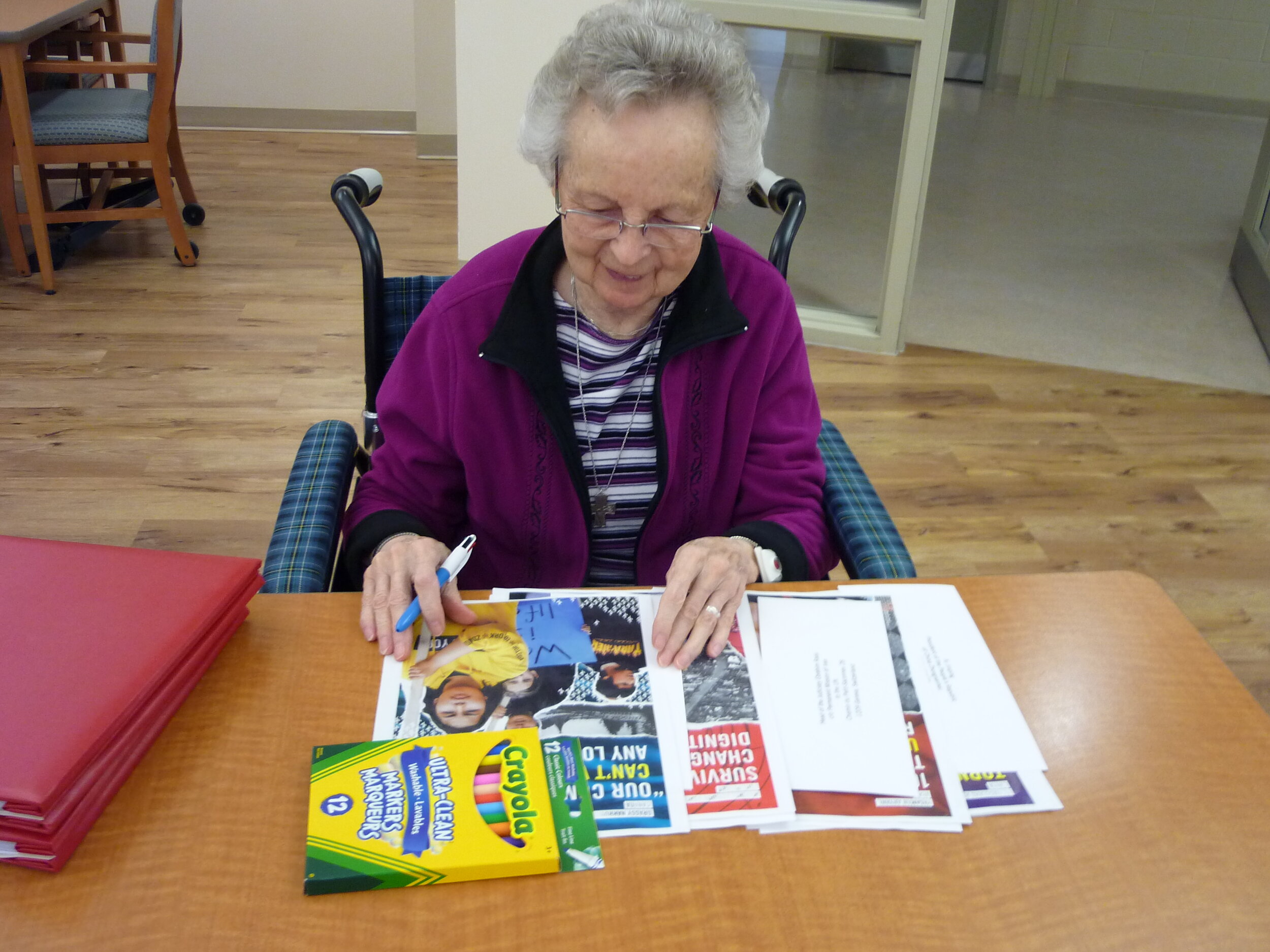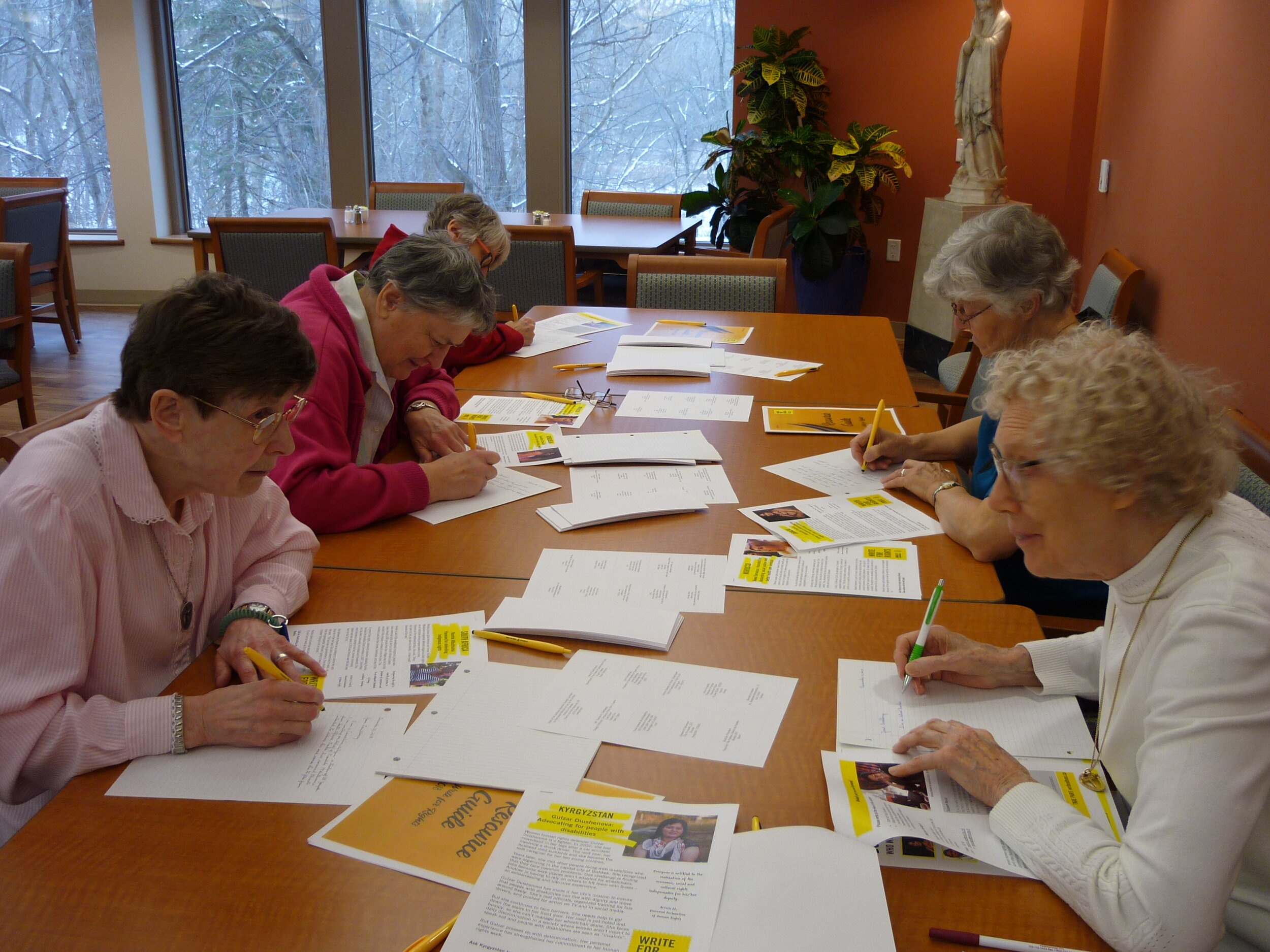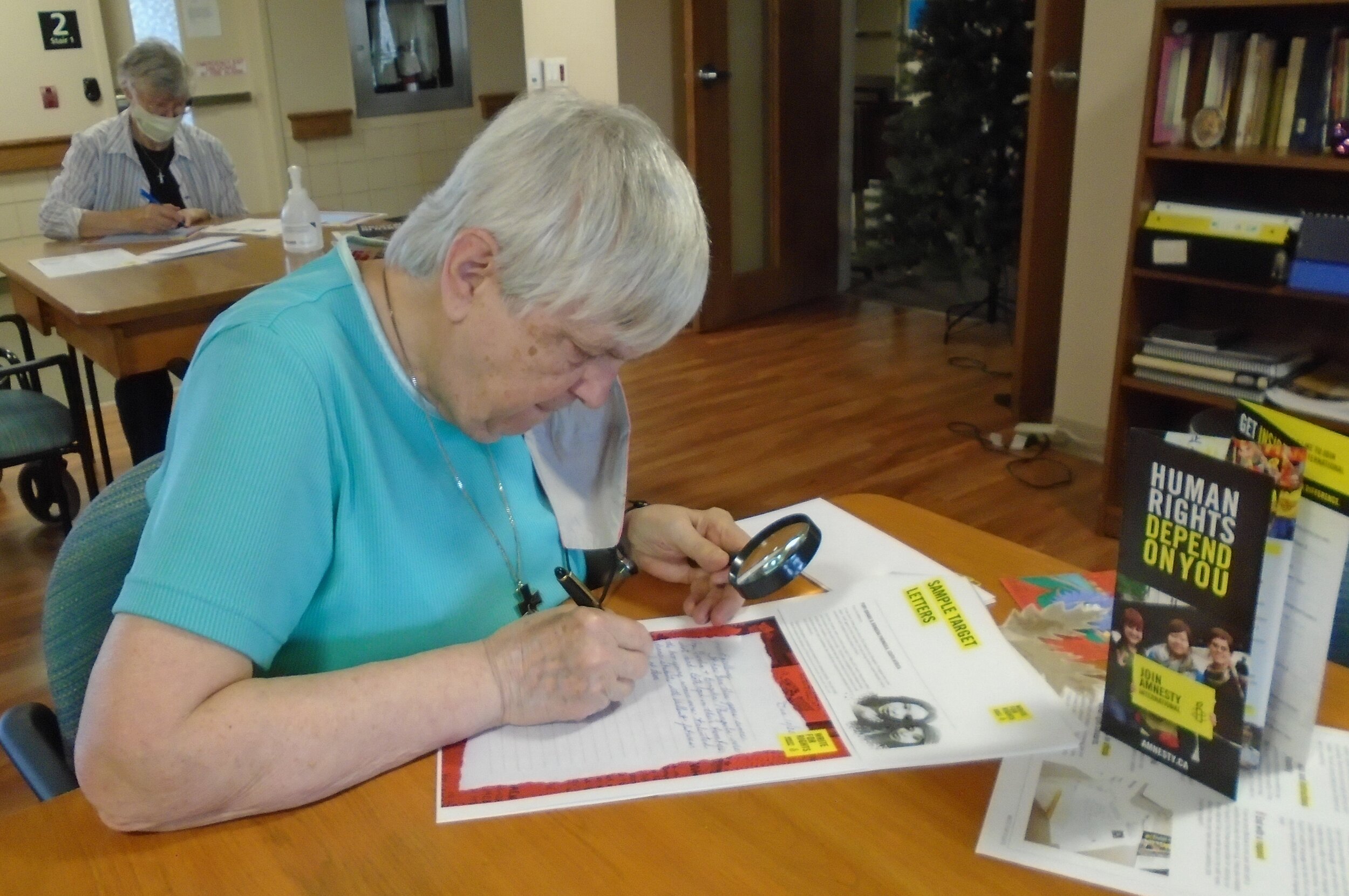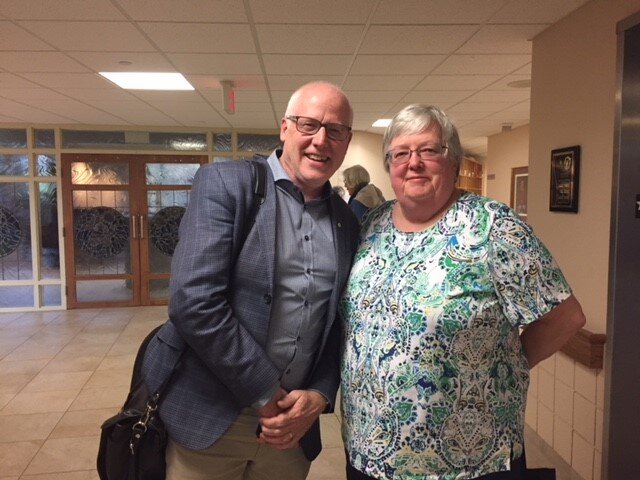I’m a father. My children are 12 and 9.
I don’t know what it’s like to have my kids taken from me.
I don't know what it’s like to have them removed from our home and sent to a place where they were forbidden to speak their language or practice their culture. A place where they normalized nightmarish emotional and physical abuse, bullying, deprivation, and death.
I don’t know what it’s like to be abandoned and betrayed by the government.
And I don’t know or understand the true history of our country.
What I now know is that for more than a century, 150,000 First Nations, Métis, and Inuit kids were subjected to residential schools where the prime directive was assimilation.
I now know that we have a responsibility to seek out, understand and acknowledge the truth. And that everyone in Canada can contribute to reconciliation.
And I know that on this Father’s Day (and every day), it’s not good enough to teach our kids what our fathers taught us.
It’s far more important we teach them the things they didn’t.
Please read.
Please listen.
Please give.
-Jeff Sage is a resident of London, Ontario.








